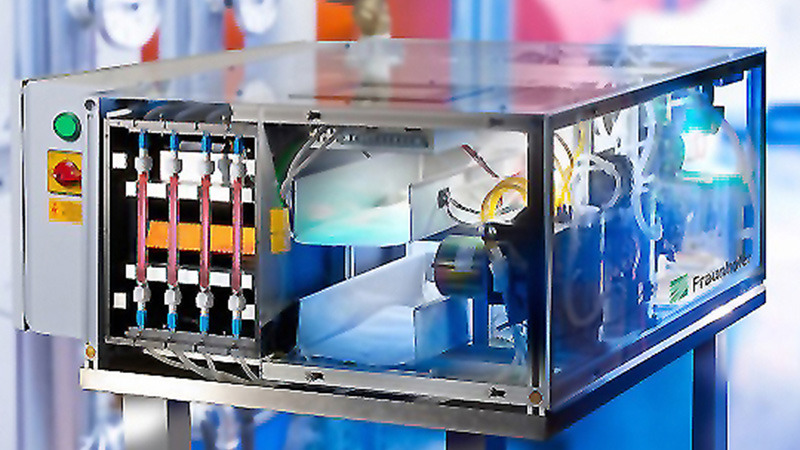Digital innovations for water management
Sensor technology for monitoring and controlling water management plants has made significant progress thanks to digitisation. In addition to functional enhancements (e. g. automatic error detection), this also applies to the robustness of sensors and data transmission. Moreover, this enables the plants to be better equipped with sensors. Intensive research is currently being conducted into real-time capable sensor systems for chemical and biological parameters for monitoring water quality. First sensors are already available, but they are not yet being used systematically.
Currently, more and more water utility companies are replacing analogue water meters with smart meters that can store consumption data and transmit it to the utility companies. This not only enables operational savings with regard to meter reading, but also provides valuable information on possible water losses. By providing water users with real-time consumption data, smart water meters can also potentially help reducing water consumption.
There are many possible applications for digital twins, i. e. a virtual real-time image of a real plant or an entire system network. These applications range from the analysis and optimisation of work processes to the vocational education and further training of employees and predictive maintenance of plants over their entire life cycle. In water management, however, only few companies are working with digital twins and they still use them on a pilot basis.

